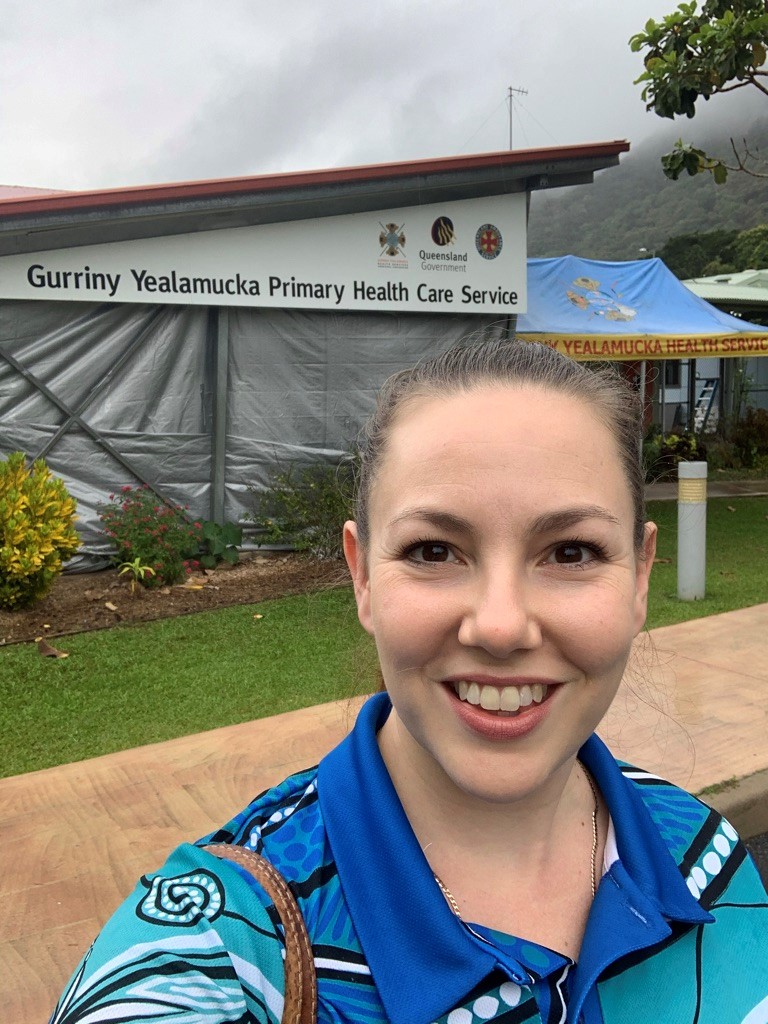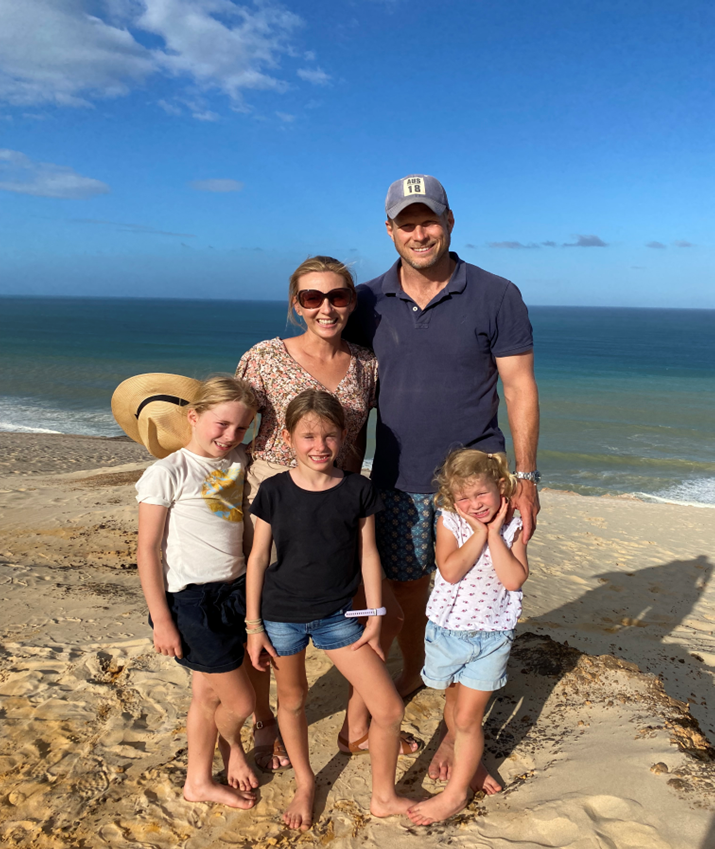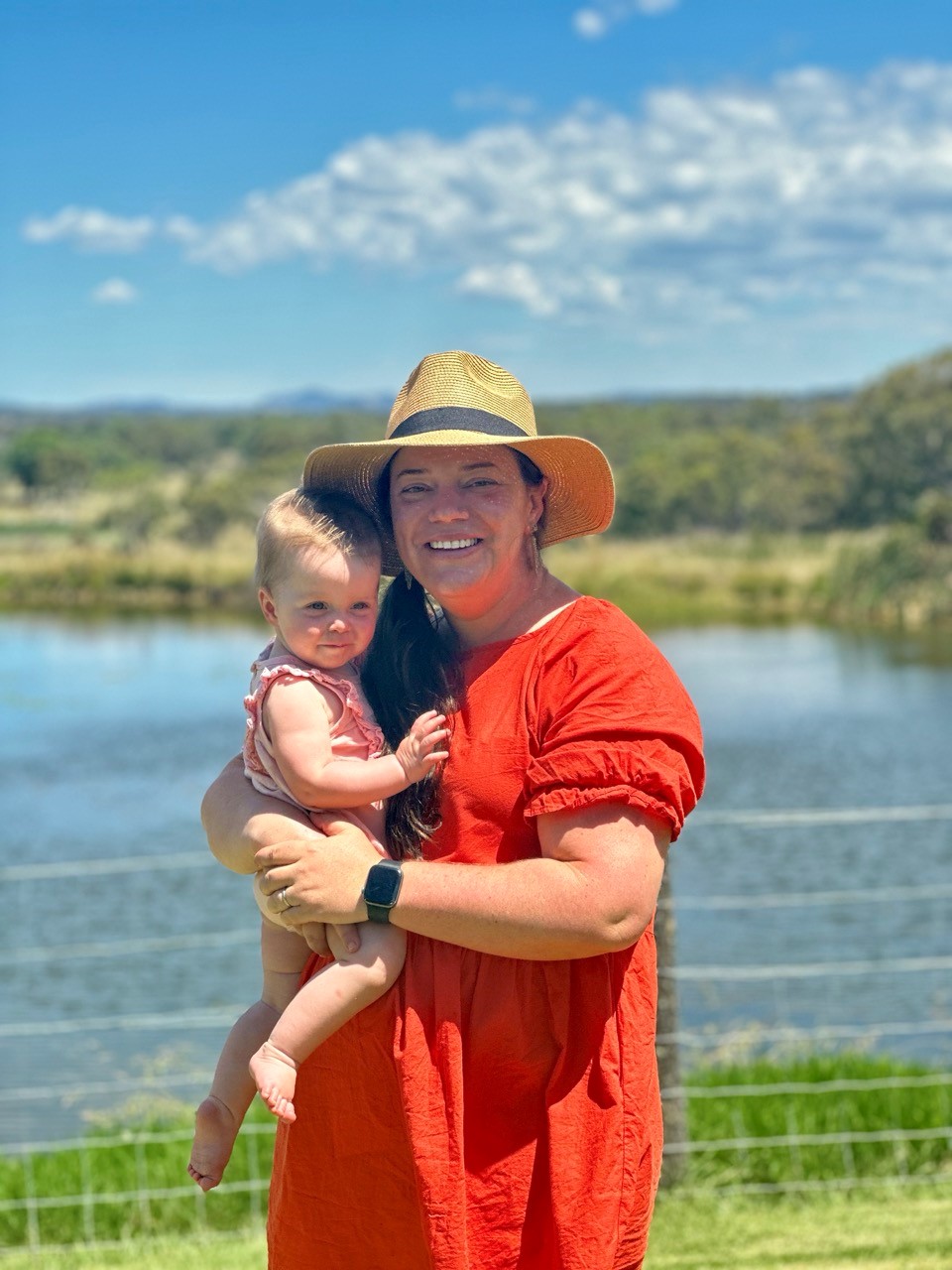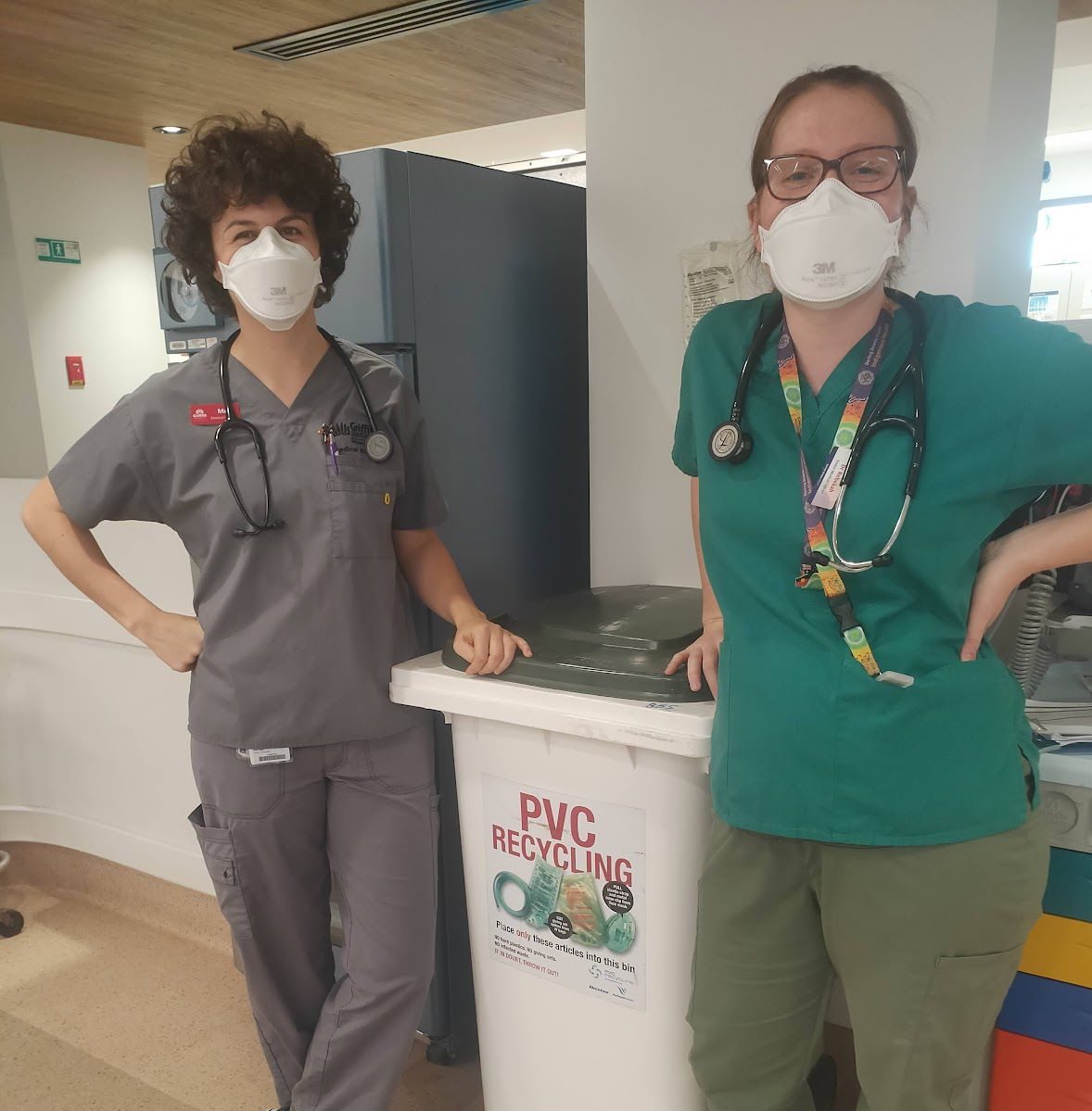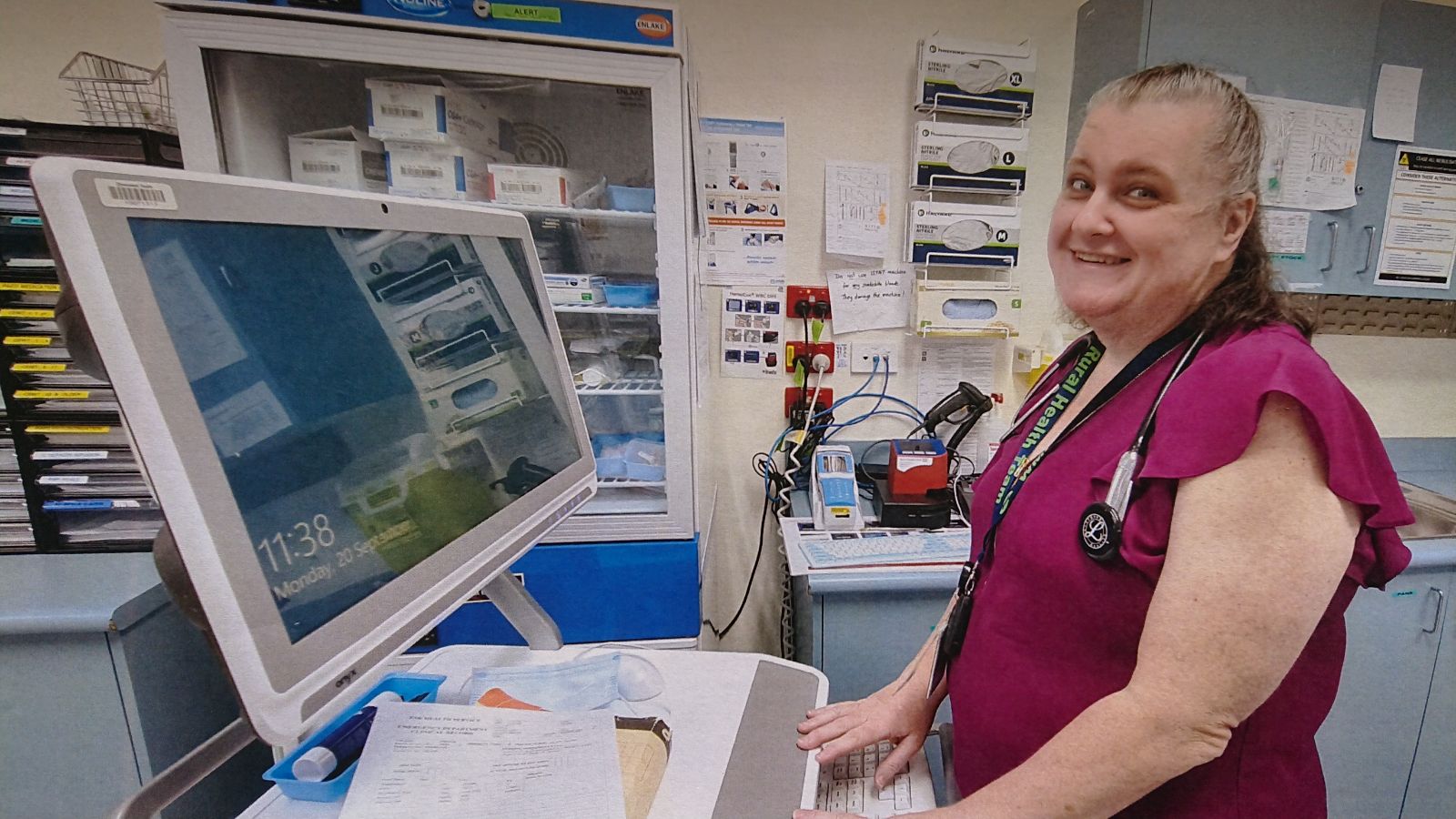Rural Generalist | New Zealand
Dr Brendan Marshall (second from right) gathers with Aotearoa NZ delegates from the RNZCGP, Hauroa Taiwhenua Rural Health Network, the DRHM, and Te Whatu Ora (Health NZ) at the recent RMA conference.
Dr Brendan Marshall is a Queensland trained Rural Generalist living and working ‘across the ditch’ in Greymouth, New Zealand. He is the Lead Clinical Advisor for the West Coast Rural Generalist Project which has successfully started introducing a Rural Generalist model of care on the West Coast of the South Island of New Zealand, with a plan to expand to other rural communities.
Brendan’s interest in rural medicine can be traced back to high school when he attended a career fair in Toowoomba and heard about the rural doctor shortage in Queensland. “In that moment I knew rural healthcare was in my future. I commenced my UQ postgraduate medical degree in Brisbane in 2001 following completion of my undergraduate degree, also at UQ, with a sole focus on becoming a rural doctor”. He spent time working overseas (Ireland, PNG, NZ), as well as completing a rural rotation in the Northern Territory, but did the majority of his training in rural northern and west Queensland, before eventually settling in New Zealand to be closer to his wife’s family. “I loved the true generalist nature of practice in Queensland and when I moved to NZ in 2012, I completed a diploma of obstetrics at Christchurch Women’s Hospital. That gave me the ‘triple whammy’ of skills – emergency, anaesthetics, and obstetrics.”
In 2013, Brendan, his wife Olivia and Lotte (their now 12 year old daughter who has subsequently been joined by two boys) took a “tiki tour” (kiwi for a road trip) around the South Island looking at potential communities to work in. His wife had previously undertaken a placement in remote South Westland so that was definitely part of the itinerary. Brendan toured the local Greymouth Hospital and met the Chief Medical Officer, Carol Atmore, who spoke about the fact they were moving to a rural generalist model with the relatively new Fellowship of Rural Hospital Medicine proving of benefit to the region. The rest is history! “I took a position here a few months later and have been here ever since.”
“The Coast Rural Generalist project involved building on the foundations set by the team who’d been on the coast for years, and then taking the learnings from the rural generalist model and the transformative effect I’d seen it have in rural Queensland, alongside the knowledge gained from attending years of rural medical conferences, and then working with Project Manager, Laura Aileone, to develop a strategy to enable and deliver a rural generalist workforce for the west coast of New Zealand.”
“From a recruitment perspective, the most reliable strategy for the Coast has been to recruit dual trainees, those undertaking the Royal New Zealand College of General Practitioners’ (RNZCGP) general practice program and its Division of Rural Hospital Medicine’s (DRHM) rural hospital training program. From a service, community and individual point of view, the dual fellowship provides more flexibility to work in generalist practice and in all locations; not just rural”.
In the early stages the project team experienced resistance and uncertainty about the generalist model from a range of professional and community stakeholders. “The big lesson that we learnt was that we didn’t engage the community enough at the beginning of the project. When you look at Queensland, the Rural Generalist model gave back medical services to local communities and locals quickly supported the movement. In Greymouth, the community, through no fault of their own, had the perception that good health care meant access to non-GP specialists. So, with those specialist services being redesigned, they feared their access to high quality health care was being removed”.
The continued focus on community need was what drove the project’s success. “Over time, many of those opposed realised the model would not take away from existing non-GP specialist service delivery and would ensure that in 20 – 30 years’ time the Coast community still had access to procedural services. Yes, specialists are still needed, but having a broad team wrap around the entirety of care and provide safe and competent acute care, and planned care episodes, all whilst understanding their limits, is what the community needed”.
Brendan explains how the maternity service transitioned from relying on only two obstetricians (who were required to fulfill extra duties, with high turnover) and a vulnerable midwifery workforce, to a networked team with a much more stable midwifery workforce and 7 medical practitioners (2 O&G; 3 RGOs; 2 subspecialty colleagues from Christchurch) as part of a wider team of 15 – 20 Rural Generalists who cover the coastal region, like the networked model in Longreach, Winton and Barcaldine. “The two obstetricians on staff are now able to focus on their specialty skills and can take leave, and there has been virtually no need for locums in the past two years. We now have a formal relationship with Christchurch to credential more Rural Generalists and have created a more robust medical service that meets community needs”.
When reflecting on the implementation of the new model, Brendan acknowledges that positive promotion and visible examples of rural generalism in action were lacking. “Rural Generalism was like a dirty secret for a while, which is why the new model was hard on the community. We need to be proud of rural generalism and we shouldn’t describe training in rural areas as ‘equivalent’, but as a heck of a lot better! Rural generalism doesn’t just maintain the status quo; it has the potential to deliver much better care for the Coast community and other rural and regional areas that are struggling. This model has allowed us to advance care that the entire coast healthcare team can provide”.
Brendan believes the relationships he’s built and his involvement in the local community has helped enable the project’s success. “If I tried this project six months into arriving on the Coast, I may have been run out of town! But now, I am the President of the Cricket Club, my wife is a local Child Health Nurse, my kids play lots of sport and we are all heavily involved in the community. As a Rural Generalist, becoming a member of the community and building trust through your community involvement, carries over to healthcare”.
Brendan divides his time between clinical practice, teaching and leadership and has recently undertaken the QRGP’s Leadership for Clinicians Training Program which leads to Associate Fellowship of RACMA. He’s enjoyed reconnecting with Queensland colleagues and says, “I would like to acknowledge how often I say (and people sometimes laugh at me when I say this as Queensland gets a bad rap) that Queensland has led the way in rural medicine. The QRGP and the training set me up to be an advocate for rural practice. That’s the value of the Pathway; fellows become advocates for their community and scope of practice. And truthfully, that’s what has made the difference on the Coast. I want NZ trainees to develop the same sense of pride, in being part of something that delivers better outcomes for regional and rural areas.”
With the project at its peak, Brendan has high hopes for the future of rural generalism in New Zealand. “I aim to build and maintain the project, which is and needs to be much larger than just a few individuals, so the project lives on. There are half a dozen sites in New Zealand that need the rural generalist model, and the ministry is keen to explore this. Ideally it will be like a long drip line that continues down Wellington, Christchurch, the Alps, and the Coast. The creation of a remote clinical unit and/or network would unify the rural communities, which is vital. We have a very robust model on the Coast, but we are the only Rural Generalists with obstetrics in the country”.
As the rural generalist cohort grows, so does its ability to support regional hospital and health services, and primary care services. “I want to be intentional with the involvement of wider primary care teams as a key to the success of rural generalism in NZ. But its also about regional hospital services who may wake up one day without surgical birthing services. It’s about pushing these solutions, so people hear and see how it works”.
With the persistence of the Coast Rural Generalist Project team, the Coast has a more robust medical service, safe teaching and training opportunities, GP registrars coming through, and some RHM graduates. “We always talked about the benefits of rural generalism and becoming a rural centre of excellence in New Zealand. We aren’t there yet, but we are a hell of a lot closer than we were 10 years ago”.



